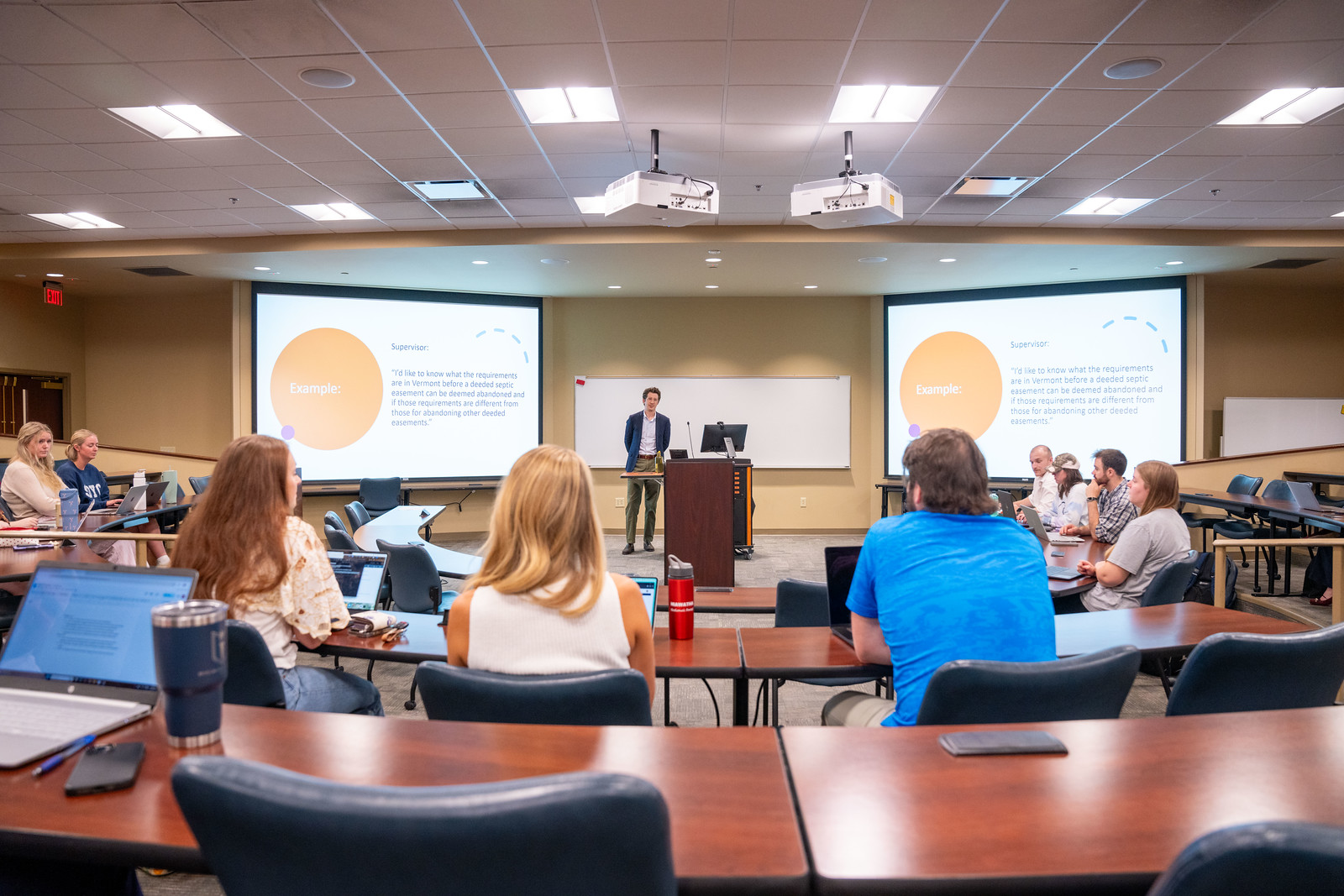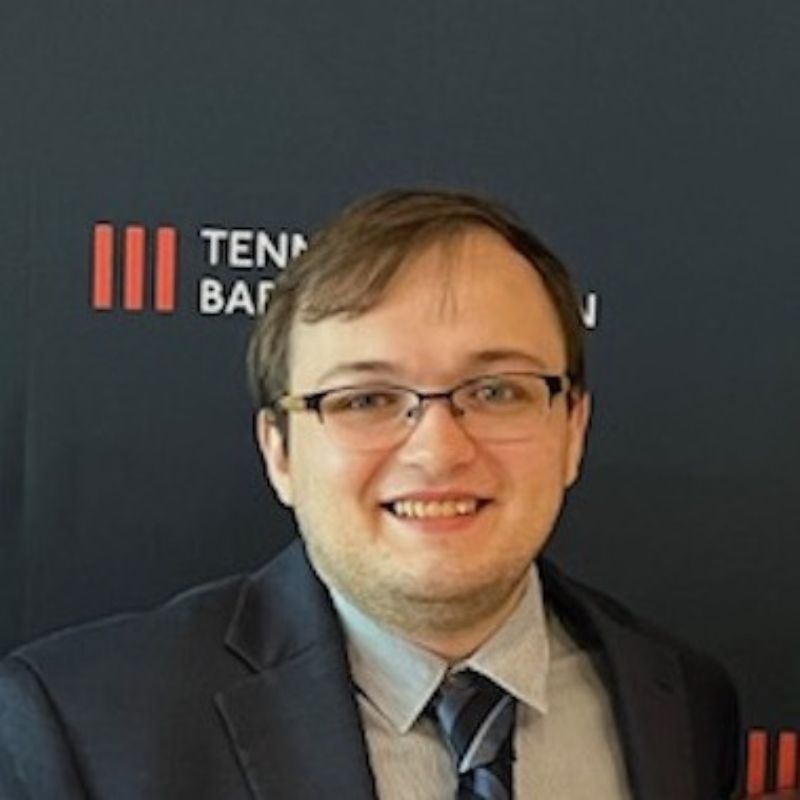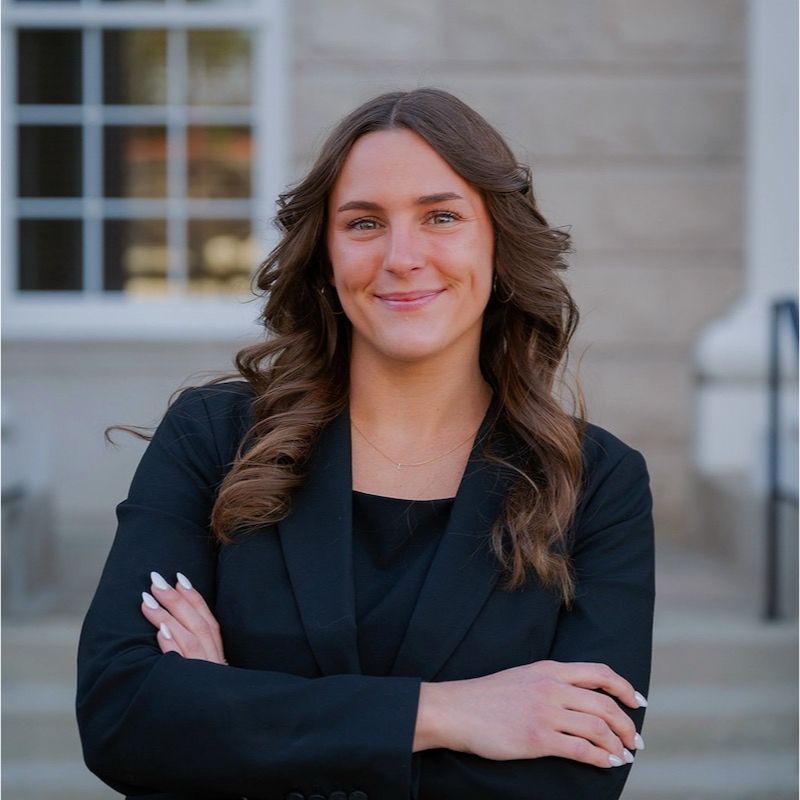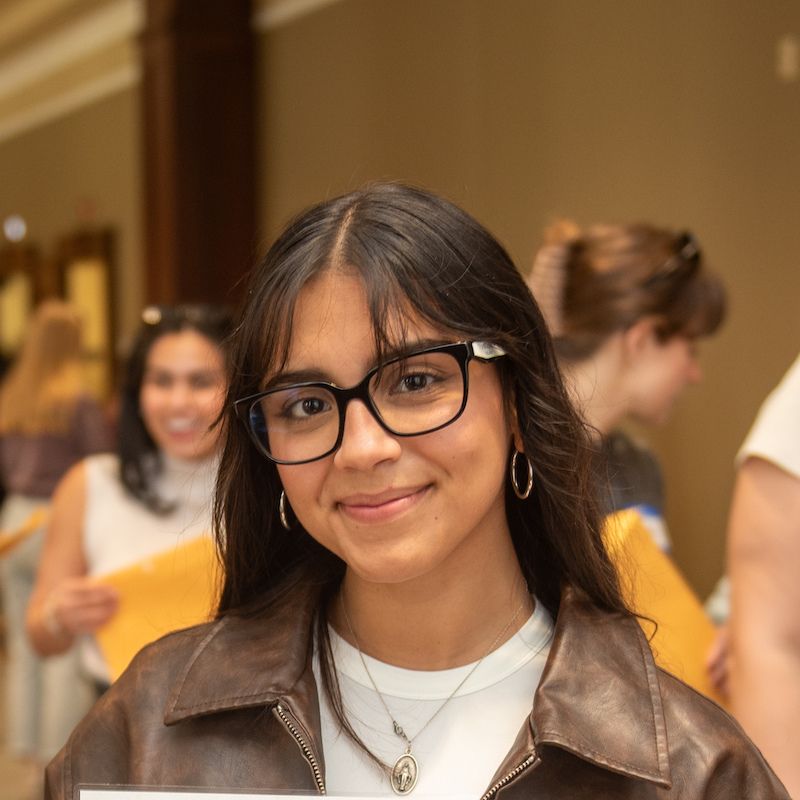Providing Practice-Ready Legal Education
The Experiential Learning Program at Belmont Law aims to graduate law students with the experience and judgment necessary to be effective, ethical, and fulfilled legal practitioners. The program provides students with substantial lawyering experience under the supervision of a licensed attorney in a live legal setting, through which they can earn academic credit.
Overview
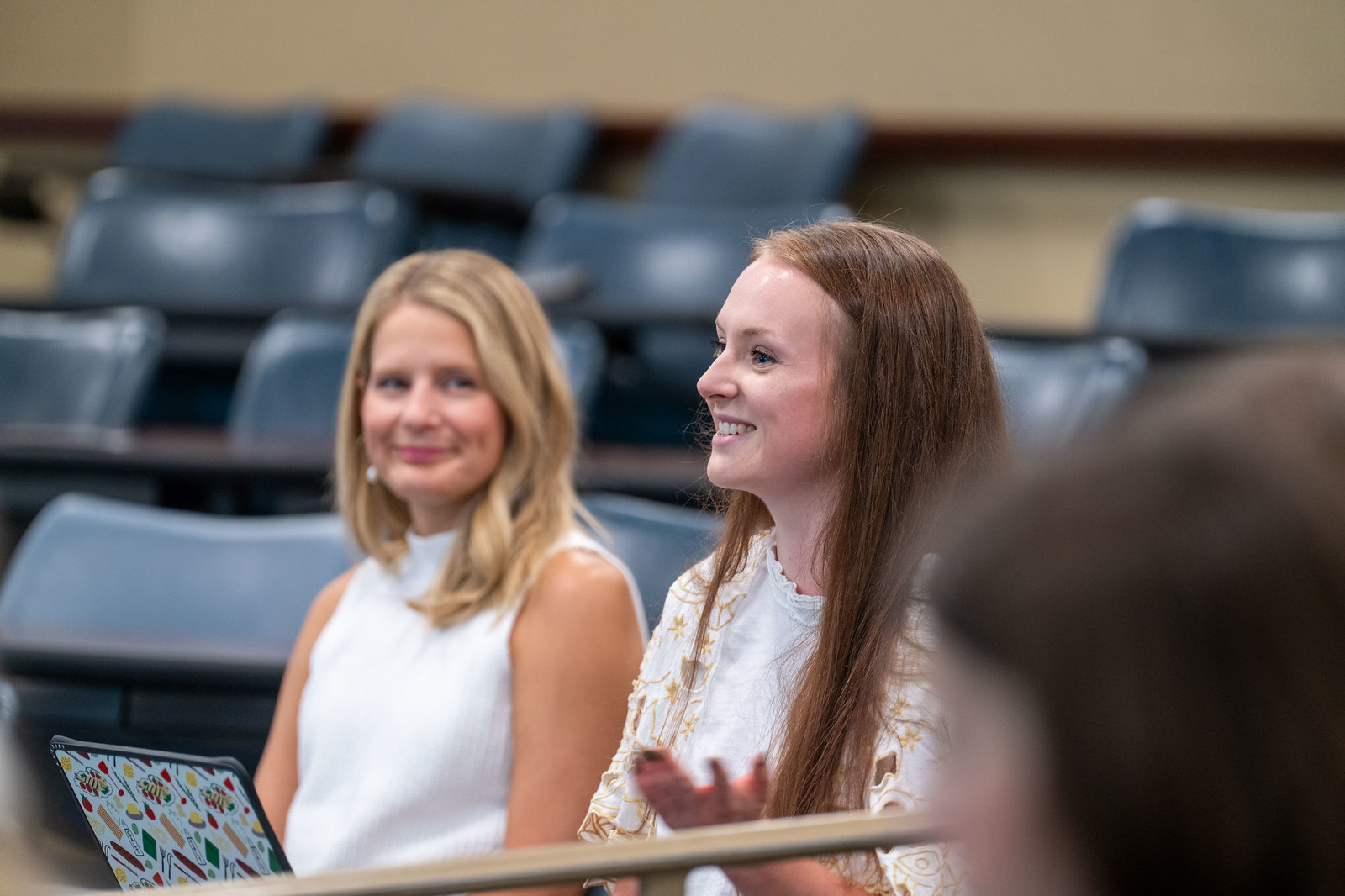 Experiential learning students regularly distinguish themselves as excellent candidates on today's legal market, are more prepared for the NextGen Bar Exam, and better understand how to use their law degrees to work for justice.
Experiential learning students regularly distinguish themselves as excellent candidates on today's legal market, are more prepared for the NextGen Bar Exam, and better understand how to use their law degrees to work for justice.
Students may participate in the Experiential Learning Program up to three times for credit during their tenure at Belmont Law, which allows students to amass 300 hours (or more) of legal experience before graduating.
In experiential learning courses, Belmont students get a chance to integrate doctrine, theory, skills, and legal ethics.
Experiential Learning Opportunities
The Experiential Learning Program offers a variety of opportunities, including summer externships; in-semester field placements; field clinics; and community clinics.
Summer Externships
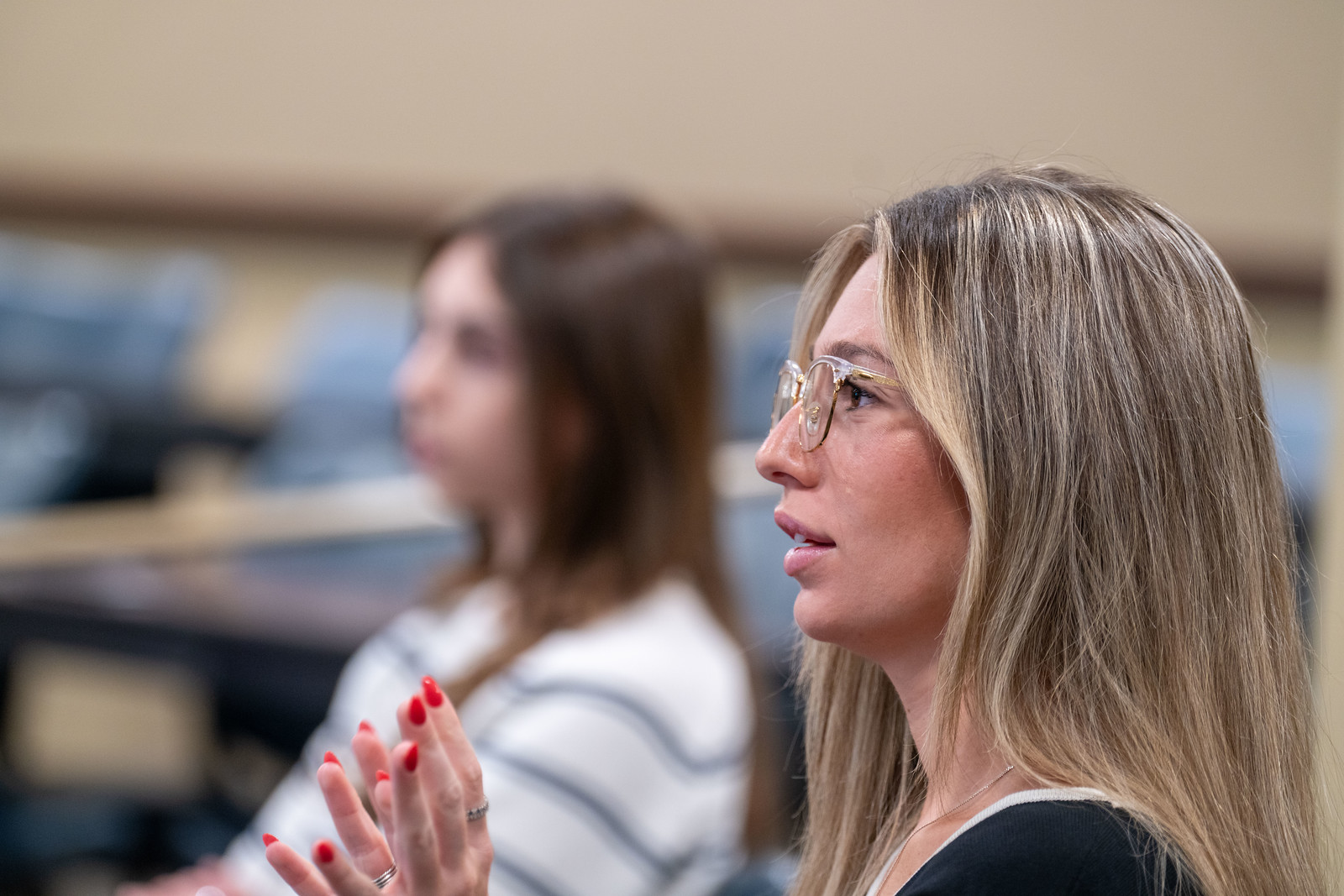 A summer externship combines filed work completed throughout the summer with a seminar class in the following fall semester. The seminar brings together students from a wide variety of placement types who also completed field work in the summer, allowing students to learn not only from their own field work, but also from the wide-ranging experiences of others. The weekly seminar alternates between in-person and asynchronous learning opportunities and focuses on enhancing the practice-ready skills developed at the summer placement site, helping students feel more prepared for their transition into practice.
A summer externship combines filed work completed throughout the summer with a seminar class in the following fall semester. The seminar brings together students from a wide variety of placement types who also completed field work in the summer, allowing students to learn not only from their own field work, but also from the wide-ranging experiences of others. The weekly seminar alternates between in-person and asynchronous learning opportunities and focuses on enhancing the practice-ready skills developed at the summer placement site, helping students feel more prepared for their transition into practice.
In-Semester Field Placement
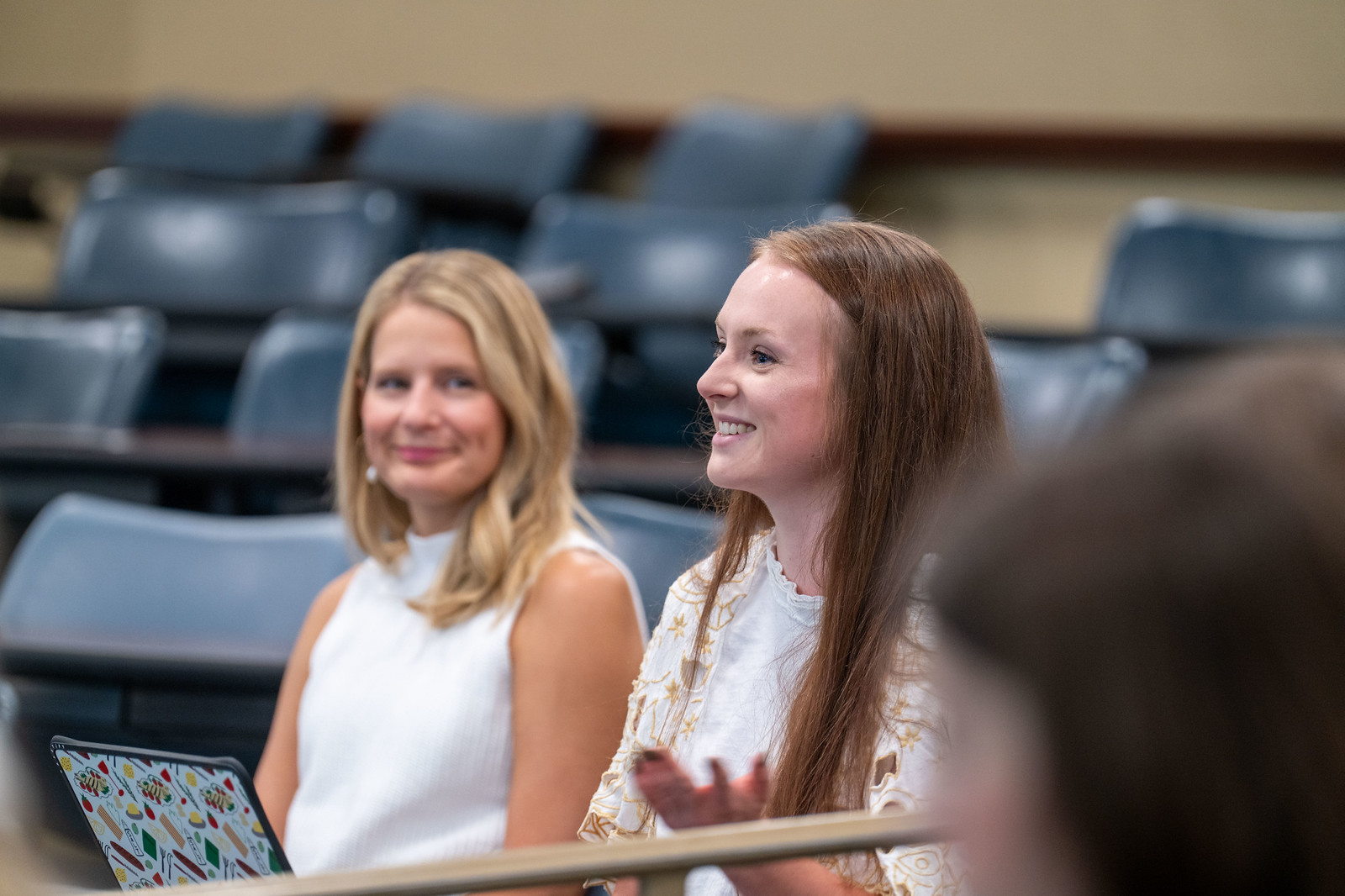 An in-semester field placement combines a field placement at a site with a simultaneous seminar class focused on practice-ready issues. The seminar brings together students from a wide variety of placement types, allowing students to learn, not only from their own field work, but also from the wide-ranging experiences of others. The weekly seminar alternated between in-person and asynchronous learning opportunities and encourages students to deepen what they are actively learning at their sites.
An in-semester field placement combines a field placement at a site with a simultaneous seminar class focused on practice-ready issues. The seminar brings together students from a wide variety of placement types, allowing students to learn, not only from their own field work, but also from the wide-ranging experiences of others. The weekly seminar alternated between in-person and asynchronous learning opportunities and encourages students to deepen what they are actively learning at their sites.
Field Clinics
A field clinic combines a field placement along with a seminar in practical issues related to that type of placement.
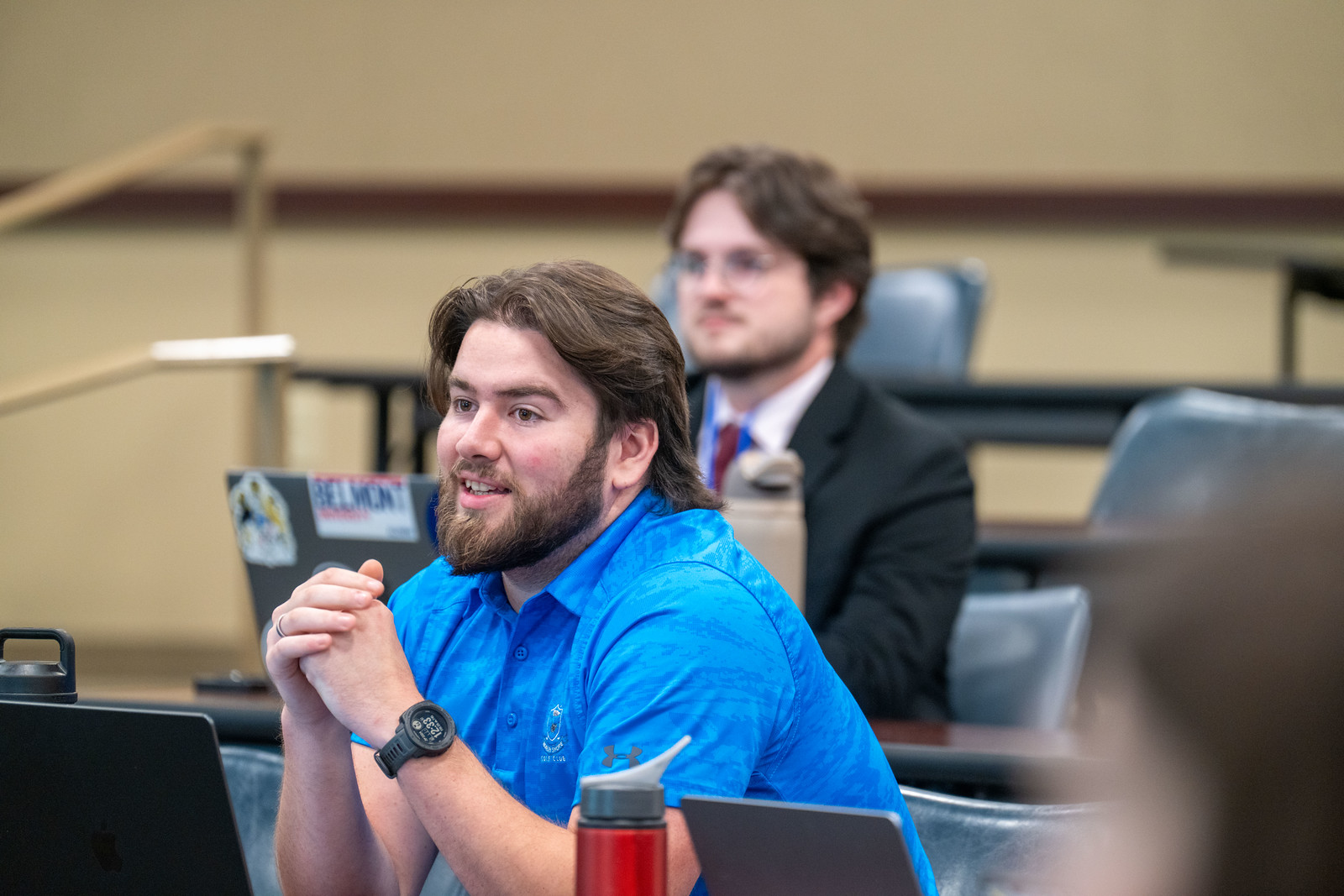 The Criminal Law Field Clinic brings together students participating in various field placements related to criminal law, including placements in both prosecution and defense, as well as on criminal courts.
The Criminal Law Field Clinic brings together students participating in various field placements related to criminal law, including placements in both prosecution and defense, as well as on criminal courts.
Weekly seminar: Practical Issues in Criminal Law deepens students’ understanding of the criminal justice system by allowing them to learn from their own experience and from each other’s.
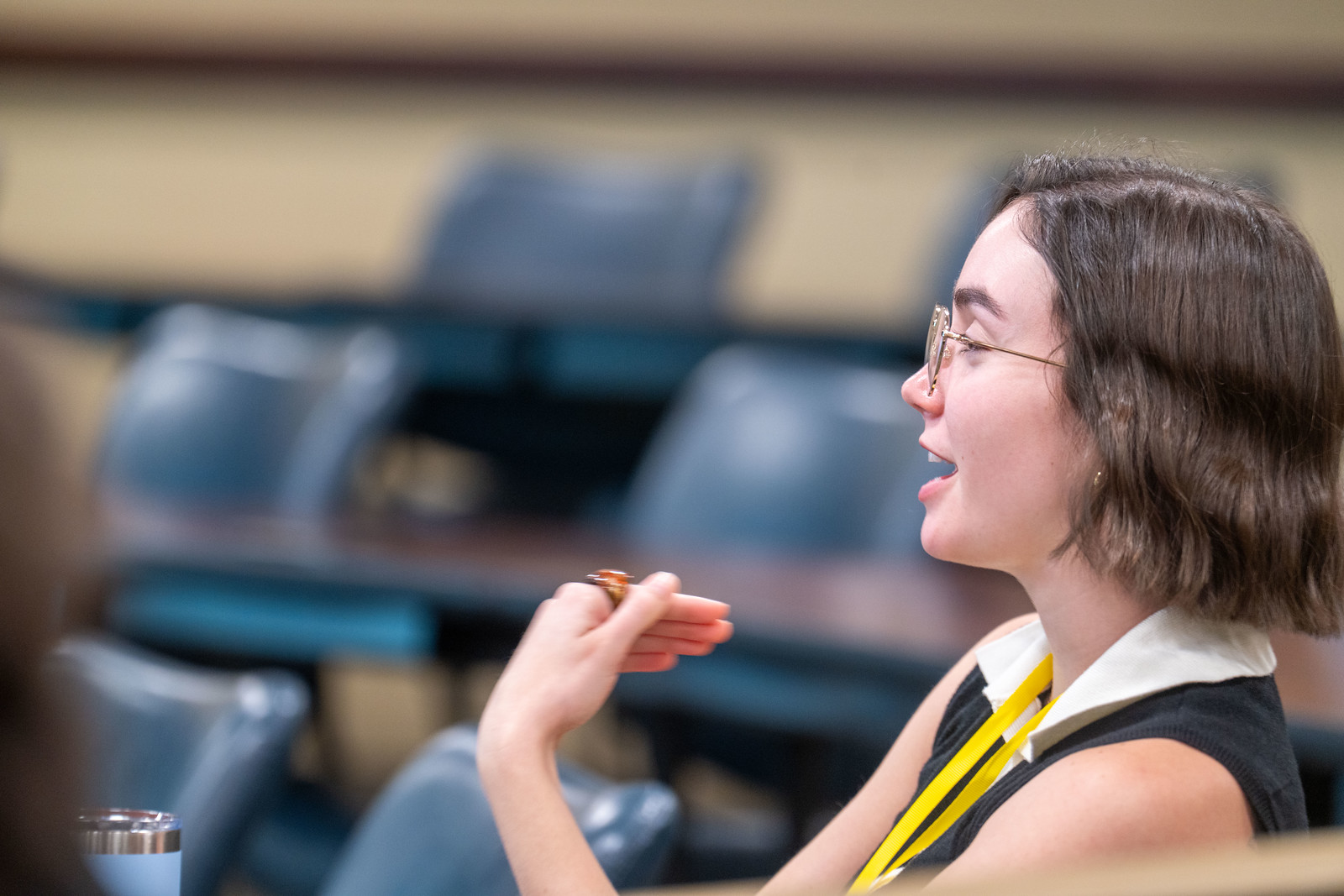 The Poverty Law Field Clinic brings together students participating in various field placements related to public interest work, including placements in legal aid offices, public defender offices, immigration law non-profits, and the general counsel's office for governmental health departments, among others.
The Poverty Law Field Clinic brings together students participating in various field placements related to public interest work, including placements in legal aid offices, public defender offices, immigration law non-profits, and the general counsel's office for governmental health departments, among others.
Weekly Seminar: Practical Issues in Poverty Law deepens students’ understanding of the intersections of law and policy that impact poverty by allowing them to learn from their own experience and from each other’s.
Community Clinics
A community clinic sites several students together in experiential learning placements at the same community partner. In addition to field work at that partner site, students take a weekly seminar taught by one of the supervising attorneys, deepening their practical legal education through direct instruction and case rounds.
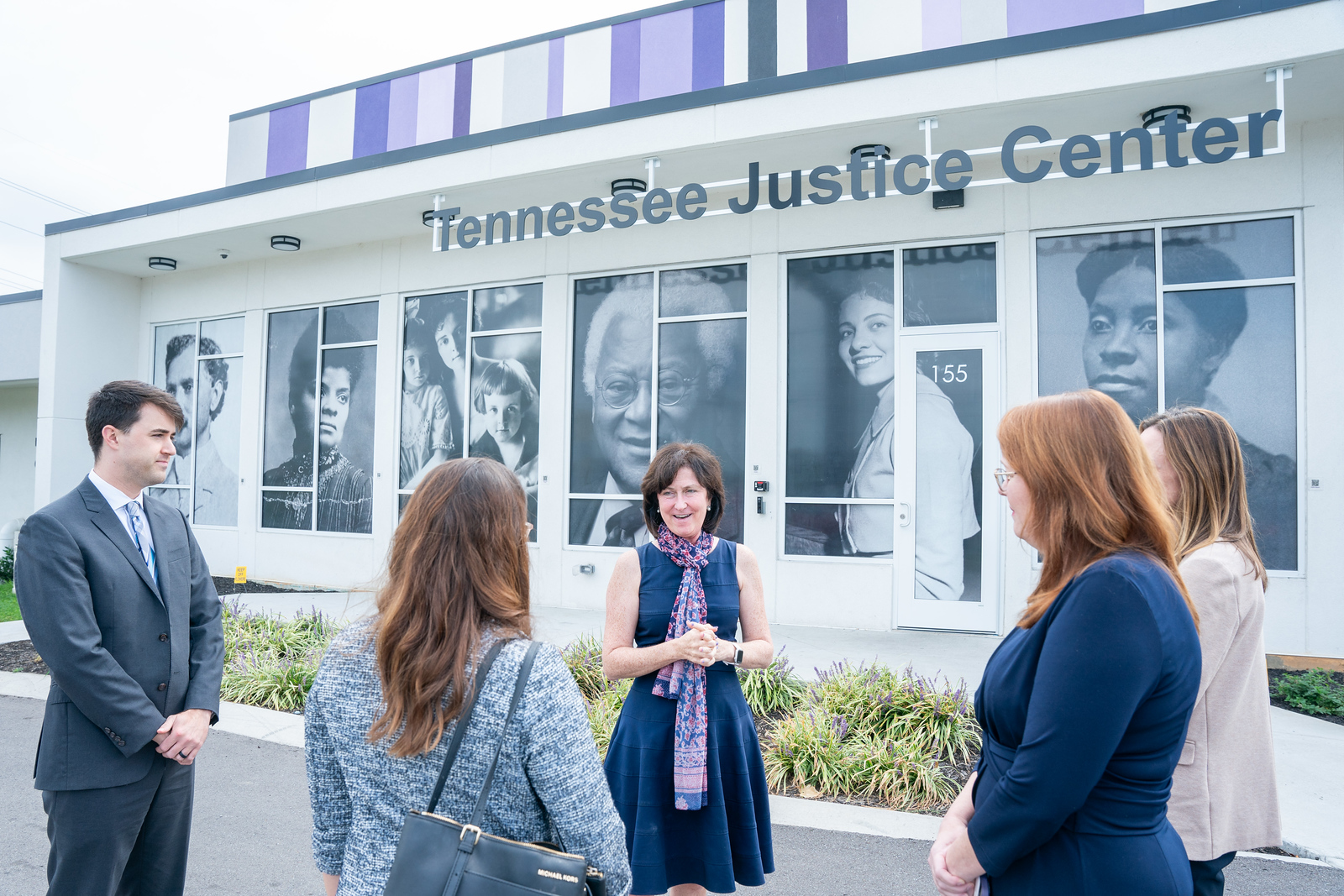 The Healthcare Justice Clinic is funded by a grant from the Speer Foundation and sites 4-6 students per semester at the Tennessee Justice Center. Students represent clients in the application for public benefits, represent clients on denials and administrative appeals, assist with class actions and impact litigation targeting systematic issues, and engage in public policy work on sociolegal issues affecting the health and well-being of Tennesseans.
The Healthcare Justice Clinic is funded by a grant from the Speer Foundation and sites 4-6 students per semester at the Tennessee Justice Center. Students represent clients in the application for public benefits, represent clients on denials and administrative appeals, assist with class actions and impact litigation targeting systematic issues, and engage in public policy work on sociolegal issues affecting the health and well-being of Tennesseans.
Sample of Experiential Learning Sites
Belmont Law students have completed experiential learning placements with more than 200 different organizations. Students have argued cases before the Tennessee Court of Criminal Appeals; presented continuing legal education (CLE) programs with local attorneys; obtained a $600,000 investment in Nashville's Mental Health Court; secured Supplemental Nutrition Assistance Program (SNAP) benefits for Tennessee families to help with food insecurity issues; testified before a state legislative body convened to study he use of name, image, and likeness (NIL) rights of student athletes; and much more.
- U.S. Department of Justice
- U.S. Attorney’s Office
- Tennessee Department of Health
- U.S. Department of Housing & Urban Development
- International Justice Mission
- Davidson County Department of Children's Services
- District Attorney's Office, 20th Judicial District
- Nashville Predators
- Federal and State Judges
- Tennessee Bureau of Investigation
- Tennessee Department of Environment & Conservation
- Disability Rights Tennessee
- 20th Judicial District Public Defender's Office
- 20th Judicial District Criminal Court
Testimonials
Experiential Learning Faculty
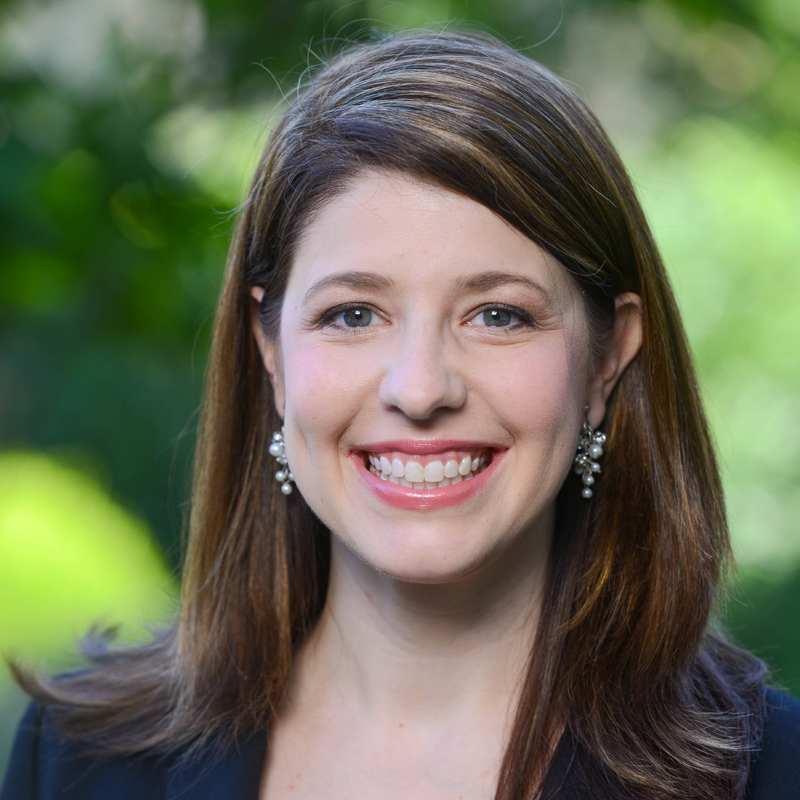
Kristi Arth
Email: kristi.arth@belmont.edu
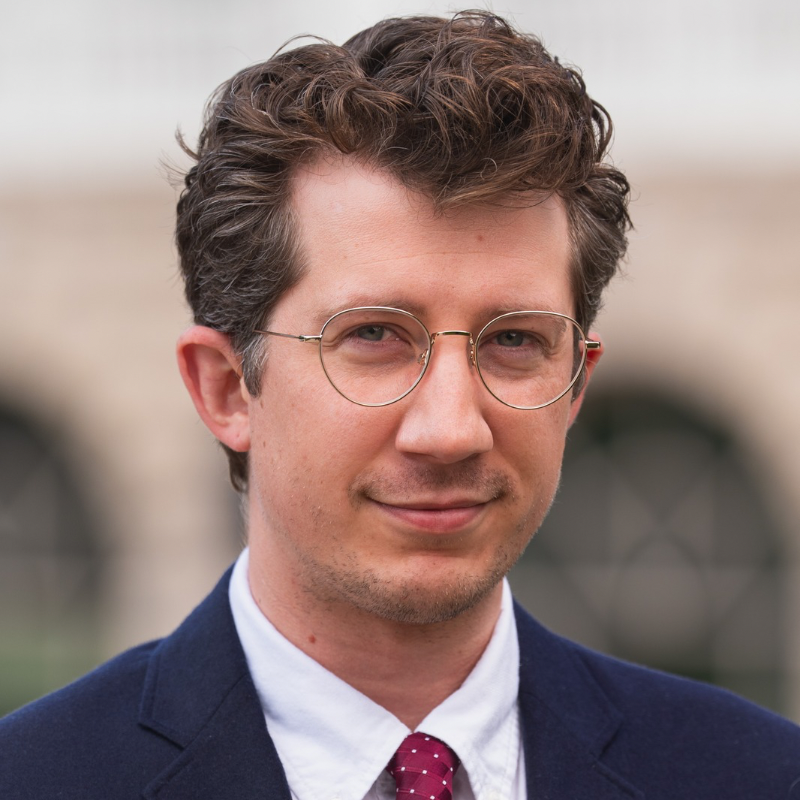
Patrick Riley
Email: patrick.riley@belmont.edu

Victor S. (Torry) Johnson, III
Email: victor.johnson@belmont.edu
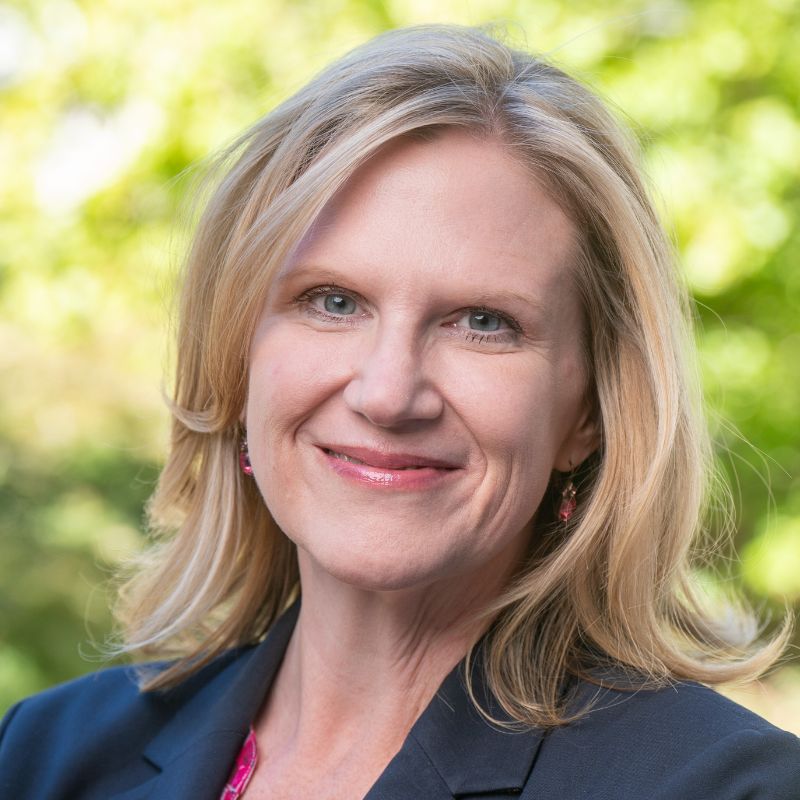
Lynn Zehrt
Email: lynn.zehrt@belmont.edu
Experiential Learning Adjunct Faculty
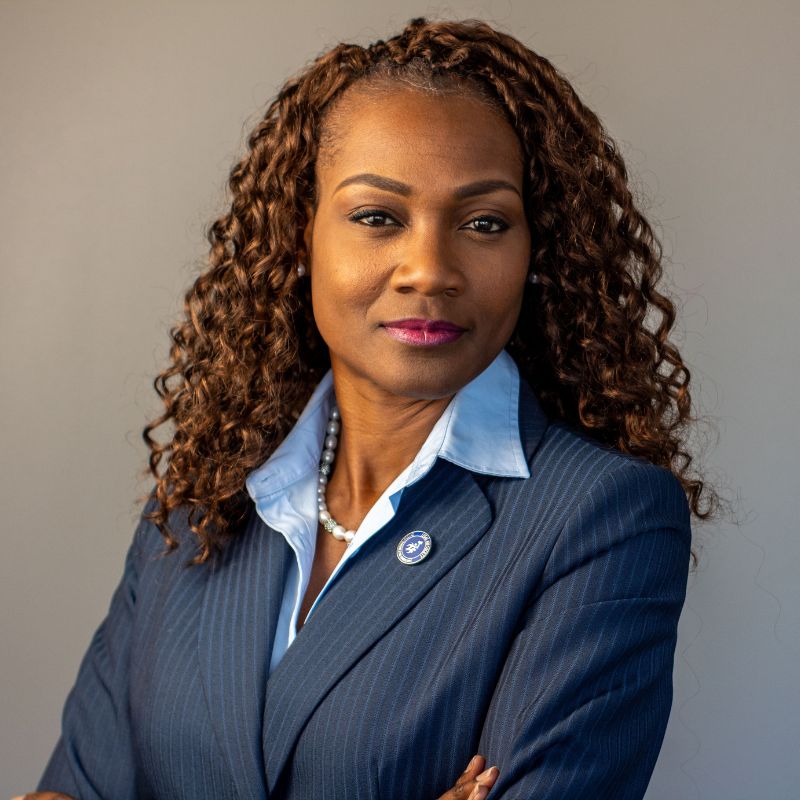
DarKenya W. Waller

Contact Us
College of Law
1901 15th Avenue South
Nashville, TN 37212
Email: law@belmont.edu
Phone: (615) 460-8400
Receive College of Law news and updates

